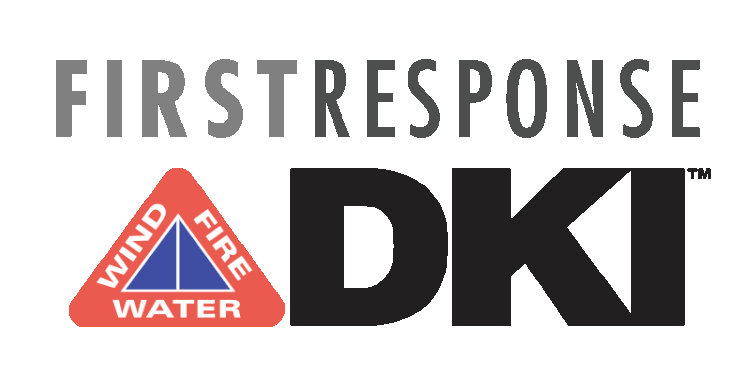Pro Tips For Seasonal Home Maintenance
Over the past few months, you’ve likely been spending a lot more time at home. As we transition to the colder season and new restrictions on social gatherings in the home, we also want to ensure our homes are protected from the elements.
Being home more often means you’ll be able to take preventative measures and catch problem areas faster, rather than returning to unforeseen disasters that can worsen over time.
Best practices for maintaining your home:
Ensure your gutters and downspouts are clear (we recommend checking now and after any subsequent wind storms). Ensure all drainage areas are unblocked by leaves and debris, and consider installing gutter guards.
Inspect your weather stripping and replace if needed.
Inspect the status of your roof or hire a professional to assess it. Replace shingles that are curling, buckling or cracking. Be sure to inspect the flashing around skylights, pipes and chimneys.
If you’ve had previous issues with perimeter drains, ensure you have a licensed professional come inspect and assess them - especially if you have concerns before the heavy rains arrive.
Turn off exterior hose bibs to avoid freezing. Be sure to run the water until the pipes are empty and ensure all water is drained, otherwise water can freeze up and damage your pipes.
To save energy, wrap your water pipes running along exterior walls with heating tape.
Check your attic to ensure the insulation is installed properly.
Clean and replace filters in your furnace or heating system. Contact a licensed heating contractor to inspect your furnace or gas heater. Proper ventilation is key during the winter months.
Check on the air circulation in your home. The tissue test: hold up a tissue to your bathroom exhaust fan. If it draws or pulls in the tissue, this is a sign of proper functioning.
To keep window and household mould in check, consider investing in a portable dehumidifier. You can also contact an HVAC professional to install a furnace integrated dehumidifier.
Check your smoke alarms & carbon monoxide detectors. Replace batteries if needed.
Outdoors: trim dead branches on trees to prevent them from falling onto your home and causing damage in a windstorm.
If you are affected by a tree impact on your home, we are available and on call for emergency situations 24/7. We also work with the following local Sunshine Coast service providers for initial assessments:
Keeping your home safe and sound will provide you with more peace of mind this fall and throughout the winter season.
If you have any questions related to home maintenance or restoration services, connect with us by phone at 604.886.5949 (Emergency 24/7 Service Line).

